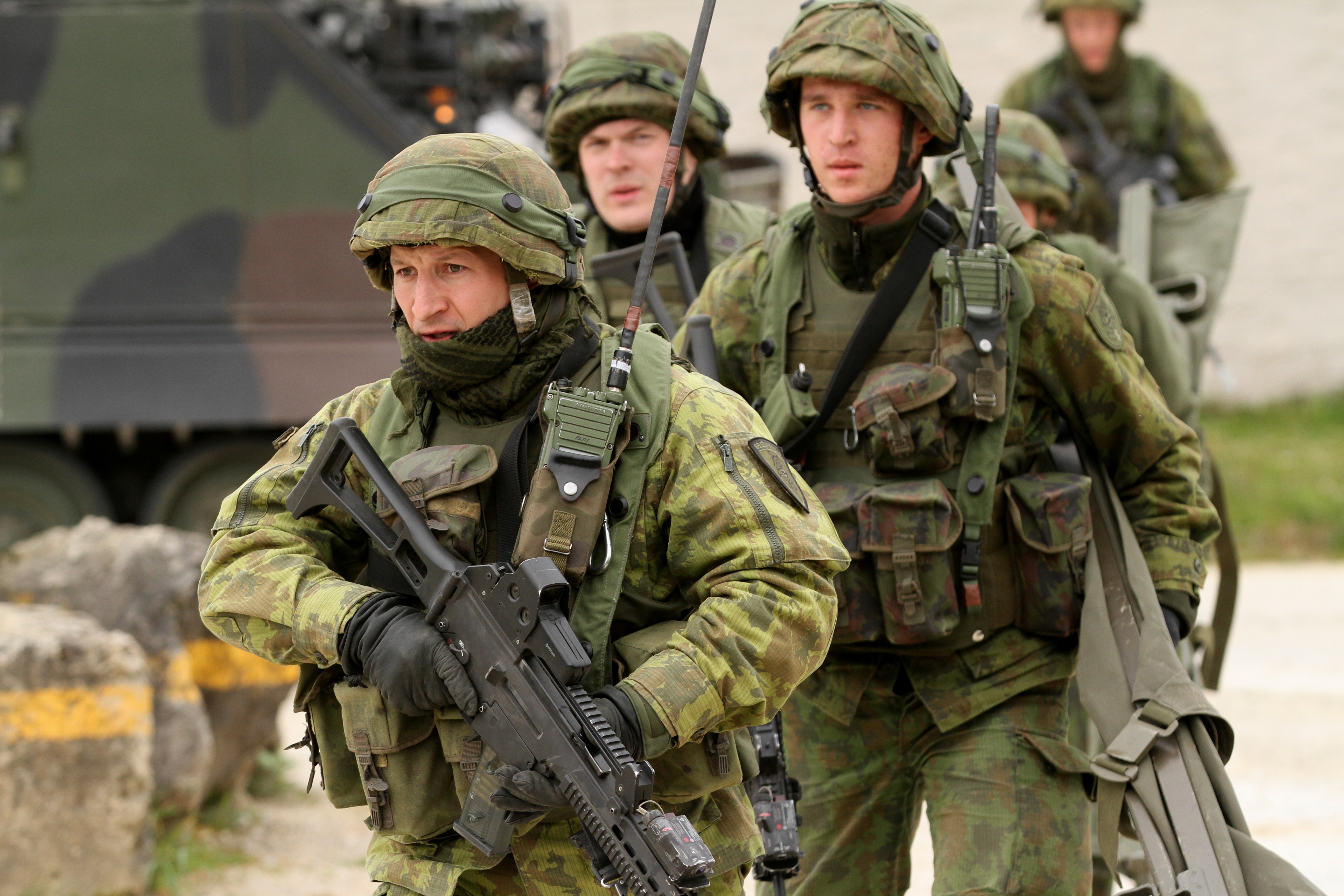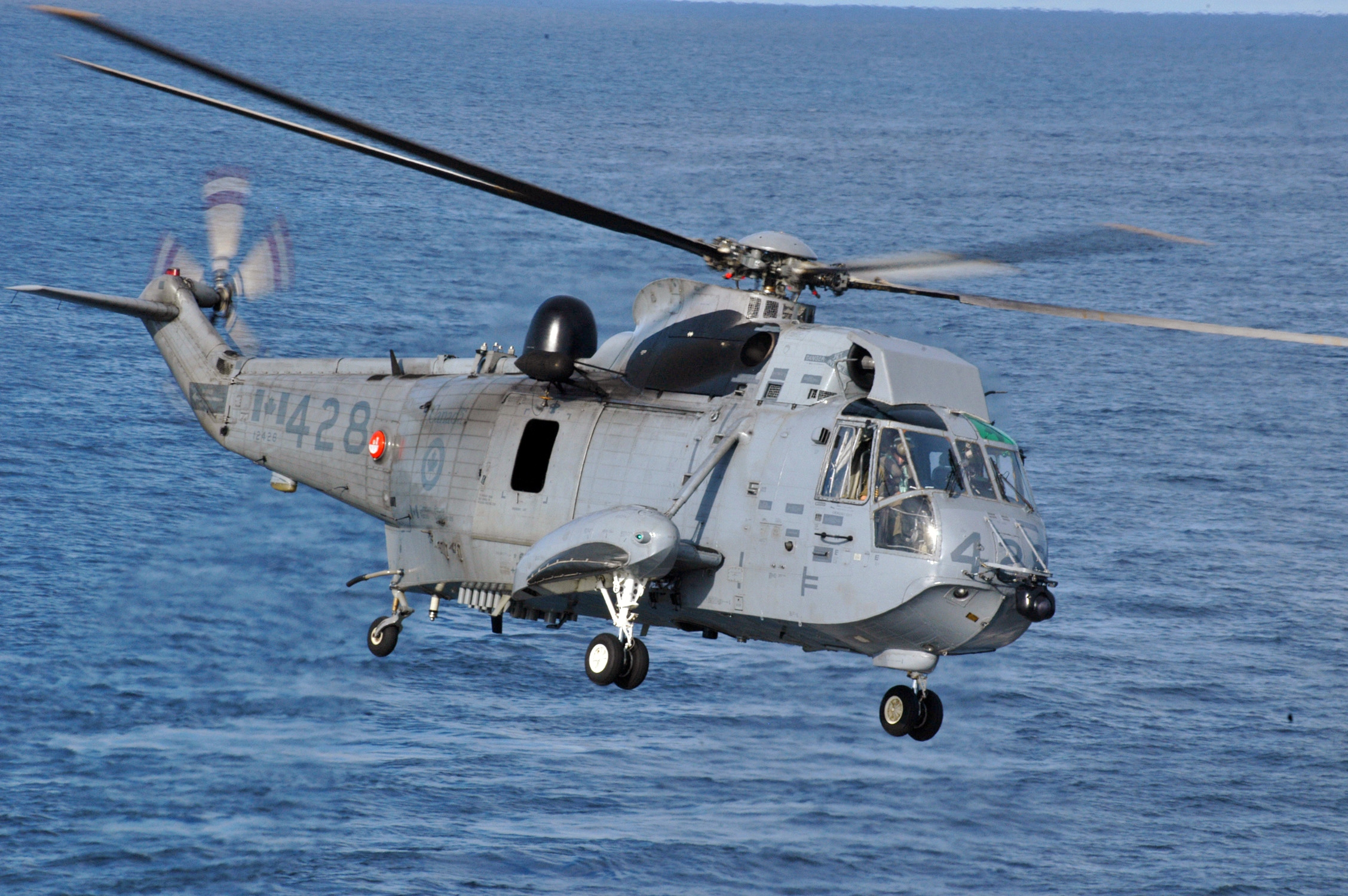The Ukrainian Crisis has put Ukraine’s neighboring states under direct security threat from Russia. Lithuania is one of the Baltic states that has been under a constant Russian threat. Although Lithuania’s Russian minority is relatively small, its proximity to Kaliningrad, a heavily militarized Russian enclave between Lithuania and Poland, has prompted this small nation of just under 3 million, to prepare for the worst.
Lithuania has been actively making efforts to maintain the national integrity and secure its border. Early this year, the Lithuanian government published a survival manual to prepare Lithuanians for the possible Russian invasion in near future. The Lithuanian National Defense Minister Juozas Olekas claimed that Russia’s aggression had prompted the Lithuanian government to take necessary measures to enhance national security. One of the measures includes educating Lithuanian citizens on how to survive war-time situations.
The Lithuanian armed forces have also been making preparations. In May, the Lithuanian armed forces conducted Operation Lightening Strike, a training exercise organized to hone the combat readiness of Lithuanian troops in case of a separatist insurgency.
This training exercise was based on the imaginary scenario where Lithuania is under a threat of separatist insurgency supported by an imaginary country name Udija. Udija is a large country located just east of Lithuania. Udijan separatists have smuggled weapons from Udija to Lithuania through the corridor built in Pata, Udija’s neighboring country.
During the operation, Lithuanian armed forces and national police participated in special exercises designed to have troops experience situations that may occur during the separatist insurgency.
Lithuanian anti-terrorist police unit, participated in an exercise in which they were expected to confront a large group of separatists demonstrating near a government building occupied by an armed group of separatists.
Lithuania’s own Rapid Reaction Force (RRF) took a heavy role in this exercise as well, involving an airfield supposedly taken by a group of heavily armed Udijan separatists. RRF successfully carried out its orders to retake the airfield and neutralize the separatists occupying the airfield.
NATO members have demonstrated more willingness to commit themselves to collective security. The Saber Strike exercise held early this month had already demonstrated that European NATO members are more committed than in the past. Approximately 6,000 NATO troops from 13 member states participated in the joint military exercise held in Poland and Lithuania. Lithuania also contributed greatly to the exercise by having more than 1,000 Lithuanian troops participate in the exercise.
Lithuania continues to seek NATO’s assistance in defending its border. In May, Lithuanian Foreign Minister Linas Linkevicius made an open statement that Lithuania wishes to see a NATO battalion stationed in Lithuania. Fortunately, NATO members are responding to Lithuania’s call for assistance. The Lithuanian government recently confirmed that US heavy weaponry will be stationed in Lithuania and other Eastern European countries in the near future.
Lithuania’s growing anxiety is not groundless. A recent news report shows Russia has deployed highly trained troops to Kaliningrad with sophisticated weapons and equipment, and missile systems that are nuclear-capable.
Russia’s increasing military presence in the Baltic Sea should be considered as a part of “hybrid war” in Ukraine. By increasing the number of troops and deploying weapons that could deliver a real damage to its opponents, Russia hopes to discourage NATO from increasing its military presence near the Russian sphere of influence. Although the chance of a full-scale military conflict between Lithuania and Russia is small, there is still a possibility that Russia may use various propaganda tools to trigger a social upheaval in Lithuania.
Lithuania’s rigorous effort to secure its borders and maintain calm in the society affirms once again that its clandestine war in Ukraine is not just Ukraine’s problem, but Europe’s problem as well.





